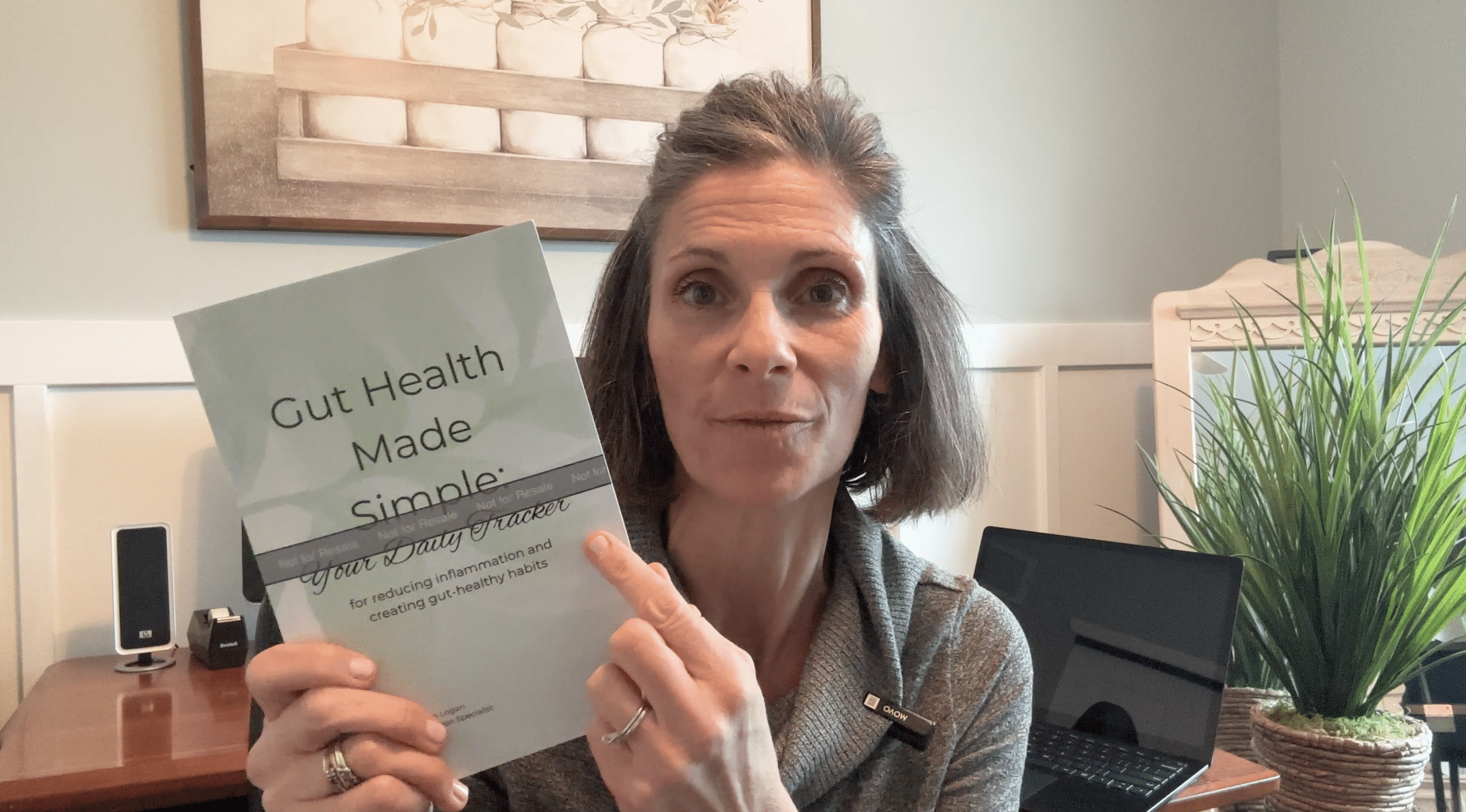How much money can you really make as a nutritionist? It’s a question that comes up a lot. You might be on a mission to help people learn to eat healthier to lose weight, reduce risk factors for chronic disease, improve body composition, or simply develop sustainable and healthy eating habits. It’s rewarding work. But you also want to be well-compensated for the hours you spend coaching and training clients, developing meal plans, and providing other services.
So what are the differentiators that determine your earning potential as a nutritionist?
The answer isn’t as simple as grabbing a premade fruit smoothie and dashing out the door. Here are five key factors that can have a major impact on your income as a nutritionist:
1. Employee vs. Consultant
Do you want to work for someone else or work for yourself? You can do both as a nutritionist. Go the day-job route and work in places like a clinic, hospital, gym, school, spa, corporate wellness program, or assisted living facility and you can expect to earn $25,000 to $75,000 a year.
The alternative: Launch your own nutrition consulting practice. Some ideas are:
- Offer one-on-one coaching or group coaching
- Create an online program for the kind of nutrition clients you want to help
- Write a book about nutrition, dieting, or healthy cooking
- Develop physical products
- Offer other services like in-person cooking classes or healthy-shopping grocery-store tours
- Write for nutrition publications, magazines, and businesses
You can also promote yourself as a guest speaker and expert on nutrition-related topics. Follow the nutrition consultant route and your earning potential is significantly greater than the typical day job. You’ll probably have to work harder but can expect to earn $35,000 to $125,000 or even more.

Take a Peek Inside AFPA’s Holistic Nutrition Coach Certification
Curious what it’s really like to study holistic nutrition at a professional level? Get the free course preview and see the actual learning modules, frameworks, and real-world coaching applications that prepare AFPA graduates for success.
2. Location
Pay rates and fees you can expect to charge as a nutritionist may vary based on your location. Salaries and consulting fees for nutritionists are typically going to be higher in metropolitan areas—where the cost of living is also higher—and lower in less populated or rural areas.
However, the line is blurring on this one a little with the technology available to connect with nutrition-consulting clients by phone, email, video, mobile apps, and social media. In fact, you don’t have to look far to find successful nutrition consultants who are location-independent.
3. Education and Experience
Earn a degree in nutrition science, jump through the hoops to become a registered dietitian, or complete a certification course to be a nutrition consultant. Then get on with helping clients dial in their diet, learn to make smart food choices, and cook at home more often while eating out less. The combination of your education and experience will have an impact on your earning potential, particularly if you’re aiming to land a job with an employer.
If you run your own nutrition-consulting practice, you may find that being able to help clients see results and achieve their goals will have a huge impact on your earning potential. The rates that clients are willing to pay are often tied to results versus education and experience.
4. Specialization
Here’s where things start to get interesting when it comes to determining your income as a nutritionist. You could choose to go the general-nutritionist route. Which is great and gives you the opportunity to help a wide range of people with different nutritional needs and goals. However, developing one or more specializations as a nutritionist (weight loss, sports, holistic, youth, etc.) increases your authority as an expert and will allow you to charge higher rates.
5. Commitment
If you really want to be a successful nutritionist and earn a good salary, you have to ask yourself a couple of important questions:
How bad do you really want it? To maximize your income potential, consider launching your own nutrition-consulting business versus chasing a corporate job. Keep in mind that you’ll have to hustle if you choose this route. You’ll have a lot more to learn than just nutrition and coaching practices, but the payoff can be significantly greater.
What’s your income goal? If it’s landing a day job as a nutritionist and earning a decent living, that’s great. You can make a difference and help a lot of people this way. But if you want to earn more as a nutritionist, potentially a lot more, running your own nutrition-consulting business and developing multiple income streams may be just the thing you need to feed your passion and your wallet.
Want to learn more about becoming a nutritionist and developing a business plan to help you hit your income goals? Check out these nutrition certification programs.



